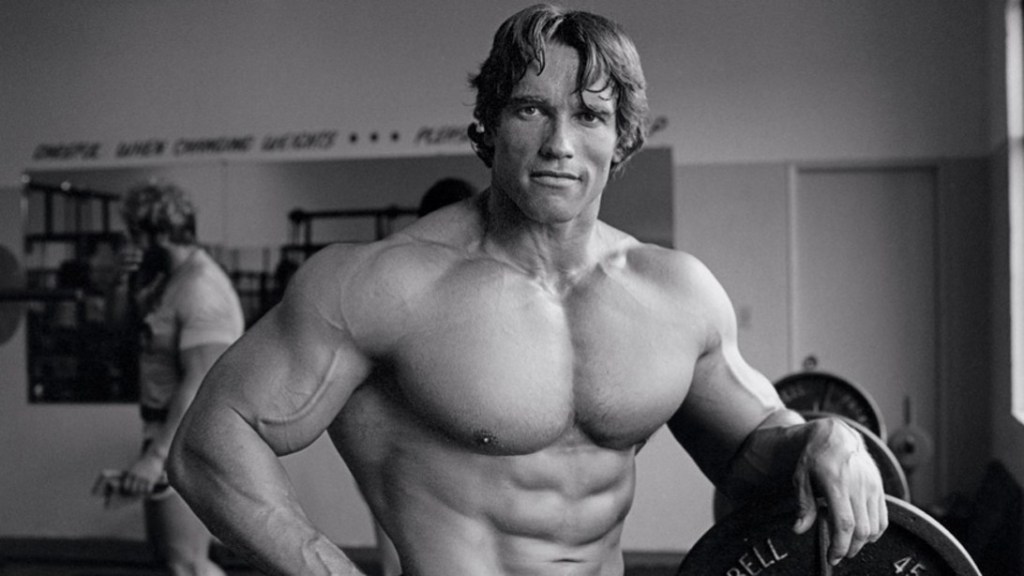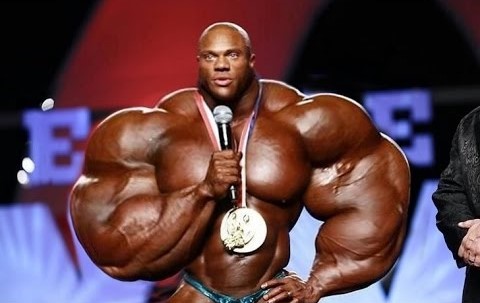The gym, and more particularly the weight room, is an amplified reflection of our current society. The desire to please and to please each other drives most guys to always want to be more muscular, stronger, more virile, more “masculine”. It can make you smile because we all know that the more can quickly be perceived as the too much.
This desire to push the limits of the muscle is the result of at least three phenomena that will potentially influence the desire to want to assert oneself as a man. Be careful, it These are just theories, a minimum of openness is needed to read this article.
A childhood without paternal reference
The father has a very important role in the acquisition of masculine benchmarks during the period of childhood. While the mother mainly has a protective and calming function, the father will help stimulate the child by putting it more or less to the test in everyday situations.
The father will accelerate the autonomy of the child and give him an example to follow. He will forge his son’s personality by teaching him how to cope with life in society, by gradually pulling him out of his mother’s petticoats to give him self-confidence . Arnold Schwarzenegger, the most famous bodybuilder of all time, had a childhood with few paternal references.

His father was much closer to his older brother and considered Arnold to be the weaker of the two, whom he constantly devalued. Maybe that’s what explained his desire to become the tallest man on the planet.
His disproportionate ambition for brands of virility is a possible reaction to a childhood where he had to forge himself without a male model. Of course this is an example, of course it is a theory, but the impact of education on a child’s future behaviors cannot be totally denied.
Natural selection
Natural selection is defined as a reproductive advantage granted to individuals best suited to their environment. In simple terms, a sorting which takes place progressively within each species, or those which are best adapted to survival and reproduction acquire a greater possibility of ensuring their offspring.
I see you coming right away, you are waiting firmly for me to release the cliché of the kéké beauf which maintains that only the muscular can seduce and have children while the skinny ones are eternal single people . Except that we no longer live with the same criteria of seduction, the social status that is attributed to those who have a lot of money is difficult to put aside (the second shot of the woman who seeks the rich man was not far away).
But virility still plays an unconscious role in the sustainability of species. For thousands of years, human natural selection must have worked a lot with these criteria of virility, as living conditions warranted it.
The strong man protected the family, fed and sheltered them from the cold, and inevitably through his ability to gain respect from other male members. Man surely keeps some of these instincts linked to natural selection within himself.
Media influence
Let us return to our contemporary society. For decades, television, magazines and the media have reflected the image of the muscular and strong man as an example to follow. The inferiority complex spreads more easily to those outside these criteria, the latter influenced by the muscle norm and the image of the “perfect” man.
We can also think of the desire to always be the best in a perfectionist society, which socially displays failure and values individual effort. Except that when muscle is the norm, how do you stand out? How to successfully differentiate yourself when the muscular physique becomes almost commonplace?
The muscular has no other choice but to become even more muscular to gain respect and demonstrate his originality, to prove that he is more secure, more sociable and more suitable for reproduction.

Man is little by little conditioned by a society which pushes for perfection and discriminates against marginality. Of course, the percentage of muscular men is very low and those among them who really want to have a bodybuilder physique is even lower, that is not the question.
It is simply a question of asking what can be the reasons which push a small part of us to want to be always more muscular, more attractive, more “normal”.
